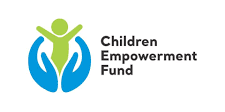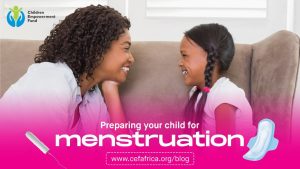Every month, every woman who has experienced puberty should experience blood flowing through her genitals. I used ‘should’ because some women go through some health challenges that do not allow them to experience their blood flow monthly.
Experiencing monthly blood flow is not abnormal as it is part of a woman’s biology. This is otherwise known as menstruation, menstrual discharge, or period. Menstruation occurs when the egg in a woman’s body breaks because fertilization did not happen.
During this time of the month, a woman must be able to look after herself and practice high levels of personal hygiene because it is easy to smell, itch, and get infections if proper personal hygiene is not observed.
Personal hygiene items to manage menstrual flow include sanitary pads, tampons, deodorant, soap, and clean water. Menstrual hygiene requires clean water for washing clothes and bathing, somewhere private to change clothes, and access to pads and facilities for disposal. The absence of these items and structure can pose a difficulty in attaining good menstrual hygiene.
The reality is that though these items and structures are essential for every woman, they are not readily available for many. Hence, they result in using substitutes that are harmful to their menstrual health and body. From the statistics of those experiencing period poverty (the lack of access to good menstrual products and hygiene), school girls are the biggest sufferers of this lack.
Menstruation lasts for about four (4) days every month. This could be more or less depending on body type. The reality of this for school girls in Africa is that:
- Due to menstruation, they have to miss school for up to 40 days or more in a school year.
- Throughout their menstruation, they have to use unhygienic means to manage themselves.
- They either have to be separated or denied access to some things as their culture might require during this time.
In places we have held our Girls’ Hygiene Project, we have heard girls own up to using old clothes, paper, cotton or wool pieces, and even leaves to manage menstrual flow due to the inability to access and afford good menstrual products.
Various research papers have also reported that schools in Ghana, Uganda, and Nigeria have insufficient toilets and inadequate facilities to aid girls during their menstrual period.
The fact that period poverty (the lack of access to good menstrual products and hygiene) is as accurate as the broad daylight in our midst is saddening.
When we go for our outreaches, older women want to benefit from the menstrual products we provide for girl children in underserved communities because they cannot afford the luxury called Menstrual Products.
We can believe that because this does not directly affect us, it should be overlooked. However, you must know it is fast becoming a social menace, and the need to nip it in its bud becomes more critical and evident as the year passes by.
We need to make menstrual health management education available to girls. There must be adequate numbers of safe, clean, private water and sanitation facilities and bathing and laundry spaces for girls and women to clean themselves.
This cankerworm is eating into Africa, and all hands need to be on deck to kick it out.
You have a role to play.
For further reading
Menstrual hygiene management in Africa


